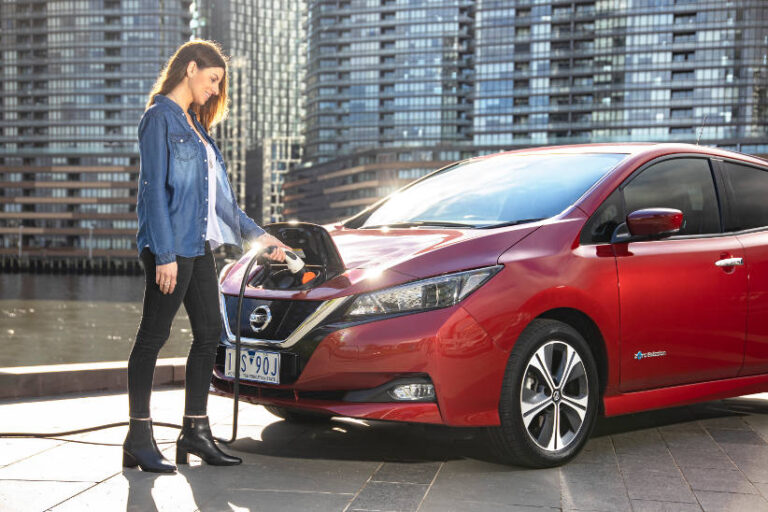In November 2020, AGL and the Australian Renewable Energy Agency (ARENA) launched an $8 million trial to help test the impact of electric vehicle (EV) charging on the electricity grid.
The trial, which is run under AGL’s newly established home of innovation, AGL Next, will help to determine when to avoid congestion on the grid during times of peak demand by switching EV charging to other times.
A total of 300 customers who sign up to AGL’s Electric Vehicle Plan will participate in the three-year trial with 250 of them receiving vehicle chargers.
AGL General Manager Decentralised Energy Resources Dominique Van Den Berg said AGL was excited to partner with ARENA to understand when and how customers charged their EVs, which will become a larger part of the energy market as their take-up increased.
“AGL’s Virtual Power Plant, which consists of household batteries providing energy when the grid needs it, such as on hot summer days, is being expanded with this trial to include EVs, which are essentially batteries on wheels,” Ms Van Den Berg said.
“This is consistent with our commitment to have 350 megawatts (MW) of distributed assets like batteries under orchestration by FY24, compared with 72 MW now.
“AGL is investing in renewable and flexible generation supported by storage technology including residential batteries and grid-scale batteries that provide firm capacity for our transition from coal to renewable energy.
“As part of our Climate Statement we have said we will continue to support the decarbonisation of the economy, which is what are customers want and the community expects.”
AGL is contributing $5.3 million and ARENA $2.9 million to the trial, which involves distribution networks United Energy, Jemena, Ausnet Services, Ausgrid, Energy Queensland, Endeavour Energy, and SA Power Networks, and project partners JET Charge, Chargefox and FlexCharging.
ARENA CEO Darren Miller said trials like this would allow EVs to benefit the wider electricity system and would support the integration of EVs into the system as uptake increased.
“As the penetration of EVs increases it will be important to manage and orchestrate the charging of vehicles, to avoid potentially costly impacts on peak demand, associated network charges and grid security issues.
“EVs also provide economic opportunities for consumers through the potential of reduced electricity costs through higher network utilisation and the potential to generate revenues that would reduce the cost of car ownership,” he said.
Ms Van Den Berg said the trial would be the first time in Australia that people could use their EVs to power their houses and export excess energy to the grid.
“This trial will demonstrate how we create value using customers’ distributed energy assets like batteries and share the value with customers,” she said.
“We’ll be talking to customers during the trial to understand how they feel about smart charging so we can improve their experience.
“Although the trial is limited to 300 customers, it will help us to shape future energy offers to EV owners.”
Customers who participate in the trial will receive regular bills credits, offsets for their household emissions through AGL’s new Carbon Neutral product, and access to an app which would allow them to set their charging preferences and be notified of charging ‘events’.
In the trial, AGL will manage the:
- smart chargers (provided free to 200 customers)
- bi-directional chargers (provided at a reduced price to 50 customers with Nissan Leaf vehicles), which also allow customers to power their homes and export electricity to the grid from their vehicles, and
- charging via the vehicles directly (for 50 internet-connected Tesla vehicles owned by customers who already have their own chargers).
For more information: agl.com.au/smart-charging-trial






